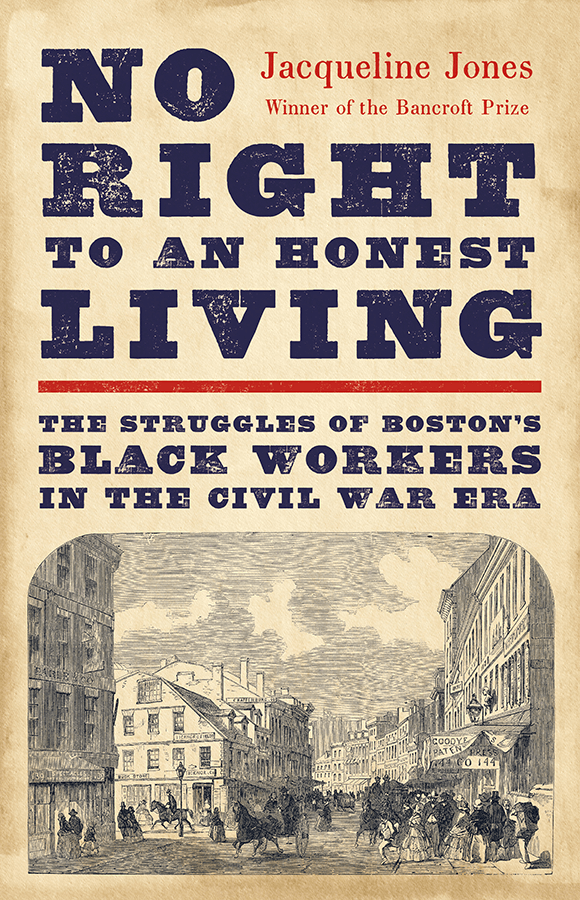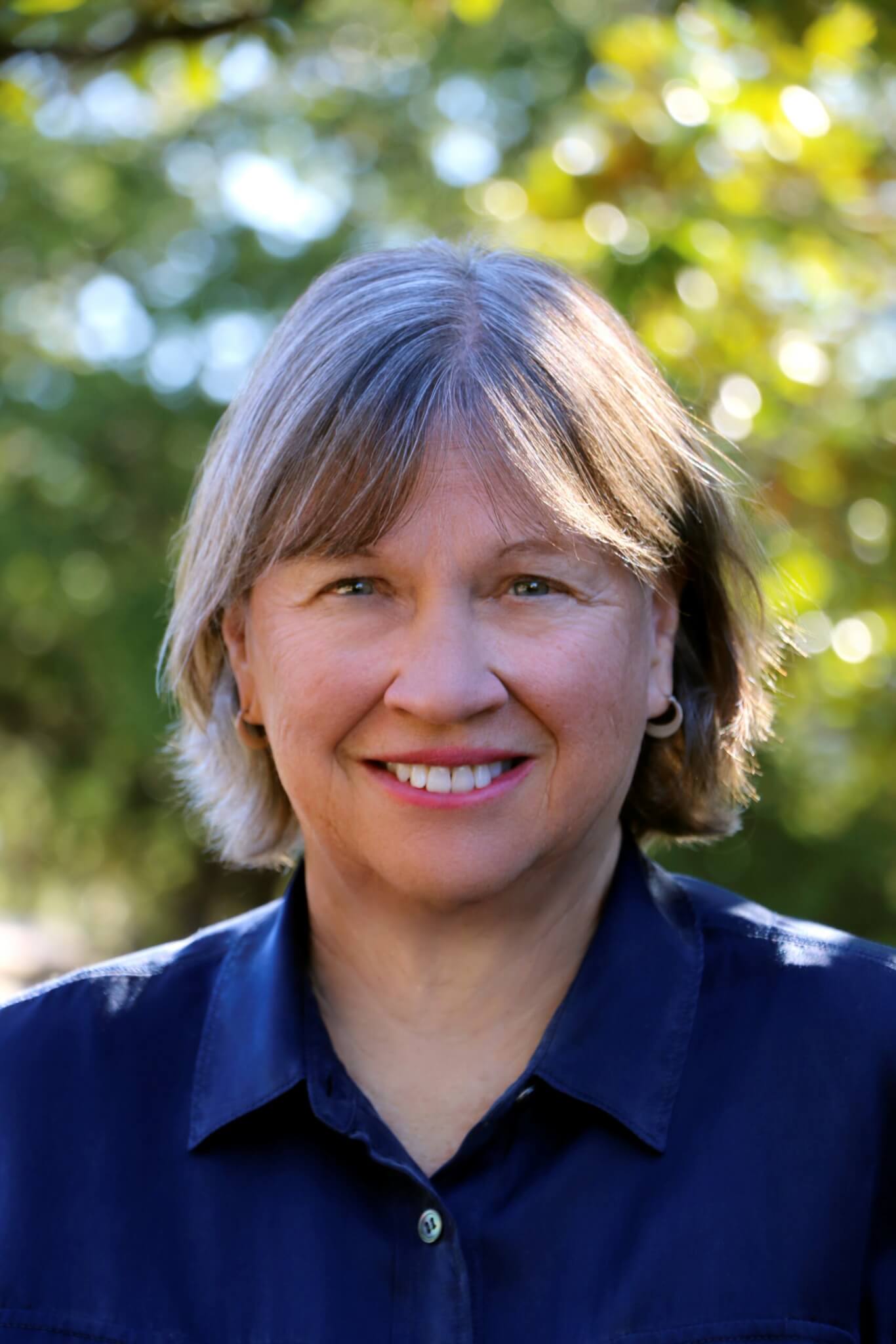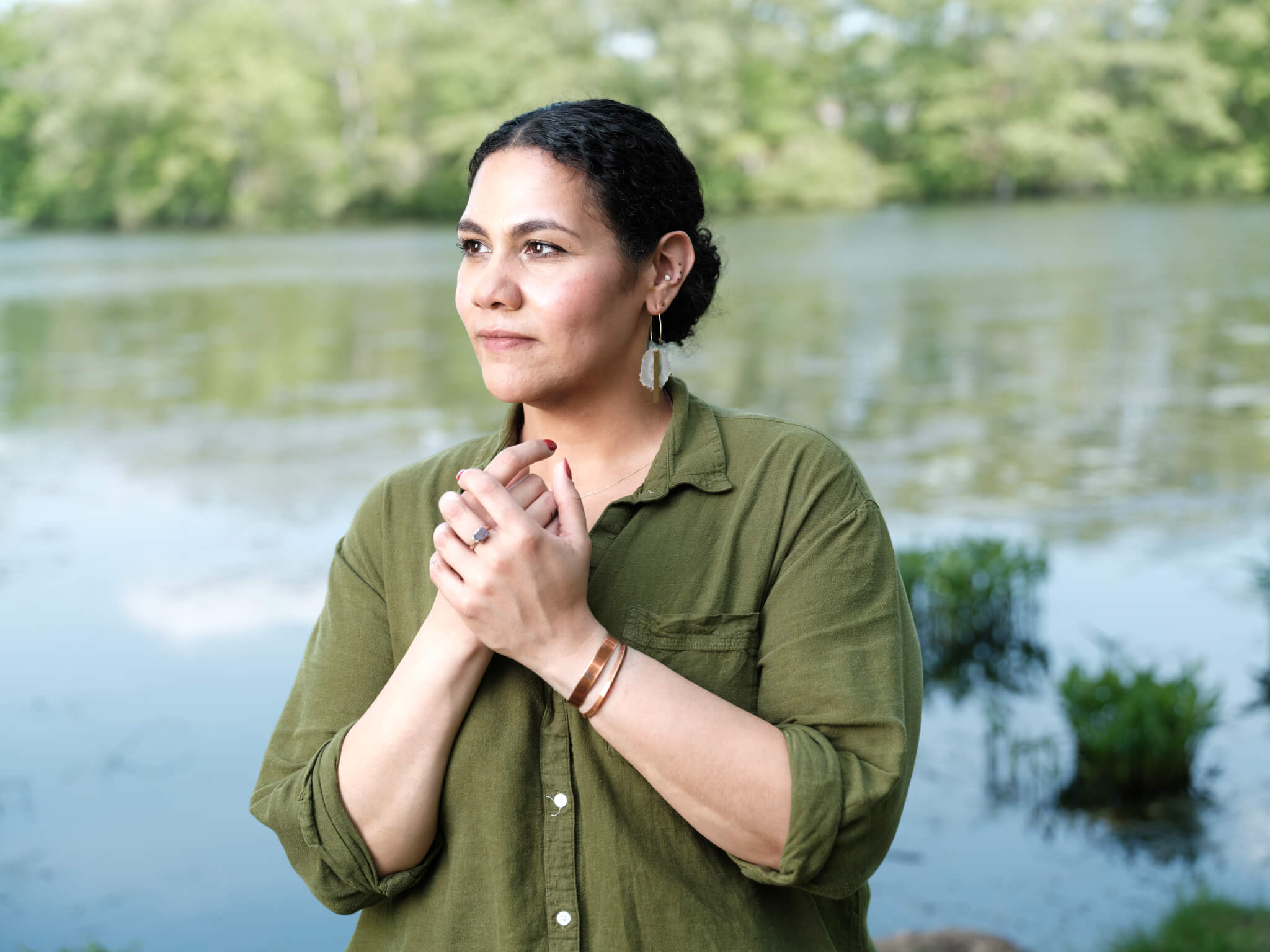Dr. Jacqueline Jones’s career as a historian spanned five decades and comprised professorships at Wellesley, Brandeis, Brown, and The University of Texas at Austin, from which she recently retired and subsequently moved to Concord.
Recognition of Jones’ scholarship has come in the form of — among other things — a Bancroft Prize (the highest honor awarded specifically for a work of American history), two Pulitzer Prize nominations, and a MacArthur Fellowship.

Basic Books published the Delaware native’s 10th and most recent book, “No Right to an Honest Living: The Struggles of Boston’s Black Workers in the Civil War Era,” on January 10. She answered questions about it for this Q&A.
Why did you choose a portion of a quote from Dr. John S. Rock for the title?
It seemed to encapsulate everything that I was writing about, because he’s talking about these white abolitionists who care more about enslaved people in the South than they do about their Black neighbors in Boston.
The book is kind of threaded with the failures of potential white allies, such as white abolitionists, city officials who hire only white men for public works projects, and the Republican Party, which doles out just a very few spoils jobs to Black loyalists but never presses for integrated worksites. And the white clergy in Boston is overwhelmingly conservative during this period and white Civil War veterans are unappreciative of Black men’s service.
What did you find most rewarding about writing this book?
I really discovered a lot of interesting people that I had never heard of. I also found it rewarding to tell this story and to shed some light on a city that considers itself very liberal and very progressive. It was the hub of radical abolitionism, but the political and religious establishments were very conservative and considered abolitionists troublemakers who were going to upset this really nice trade between North and South.
Who are the interesting people whom you encountered?
The Rev. Leonard Grimes, pastor of 12th Baptist Church, and his wife Octavia; Joshua B. Owens, a successful caterer; Robert Morris, an attorney with both Black and white clients; and Christiana Carteaux Bannister, a “hair doctress.” Also, I look at ordinary men and women who were creative and resourceful when it came to creating their own jobs. So this is a story about resilience as well as hardship.
What led so many formerly enslaved people to Boston?
In 1860, Black men in the Commonwealth could vote. The kids could go to integrated schools. Blacks and whites could intermarry. Black people could enter and leave the state at will. This was all different from Southern states and Midwestern states.
Also, the Boston Vigilance Committee helped fugitives to either settle in Boston or move to Canada. Money was paid out to very well-known abolitionists for boarding fugitives, providing them with medical care, or paying for their tickets to Canada. Most of these fugitives came by sea from Virginia. A lot of them had relatives in Boston, so it was a good way station for them to move on from.
Was Boston worthy of its reputation as a hotbed for abolitionism?
There was a core of very well-known and outspoken abolitionists. They seemed to be more numerous than they were because they were so noisy! They edited newspapers, they gave speeches, they held rallies, and they made pronouncements. The conservative establishment feared that they represented a lot of people, when actually they didn’t.
It had a core that were really brilliant speakers and very courageous. I don’t want to deny the fact that William Lloyd Garrison was physically courageous. He was beaten by a white mob and lived to tell the tale. These were men and women who were saying some very unpopular things. Sometimes they would be pelted with bricks and food. So it was a hard life.
What unique perspective does this book offer on the topics that it addresses?
The bulk of the literature looks primarily at legal rights. A right to a job is not stipulated in the Constitution, but the way Rock formulated it was that employment should be a key signifier of citizenship. Work is the central lived experience of most people.






